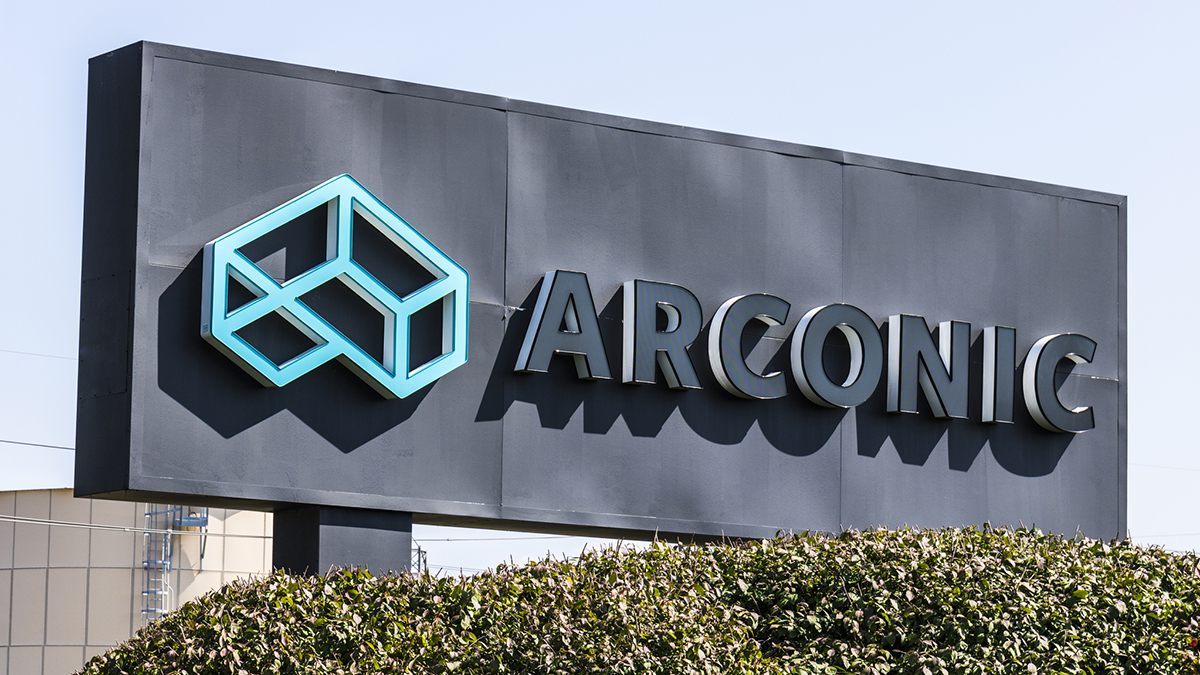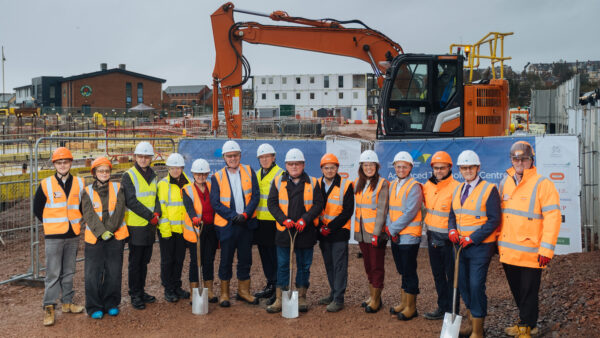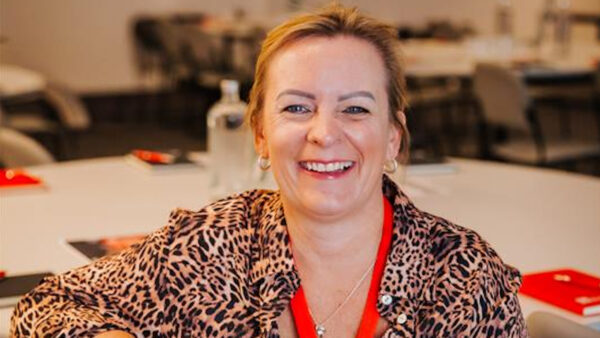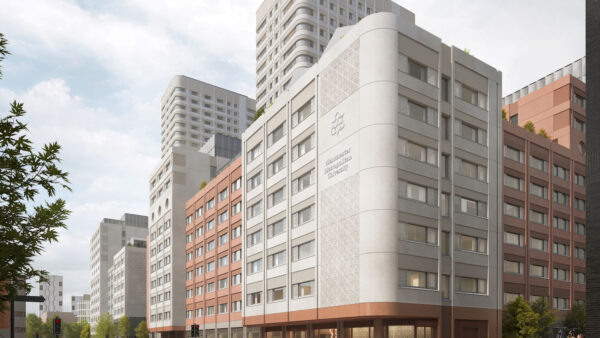
Arconic, Celotex and Kingspan have issued statements in response to the Grenfell Inquiry’s final report which heavily criticises them.
The report says that “one very significant” reason why the residential block ended up being clad in combustible materials was the “systematic dishonesty on the part of those who made and sold the rainscreen cladding panels and insulation products”.
Arconic was the manufacturer of the highly combustible Reynobond 55 PE cladding panels installed during the refurbishment of the Grenfell Tower and which the inquiry heard was the “primary cause” for the fire’s rapid spread.
Celotex was the manufacturer of the RS5000 insulation used in the cladding system on Grenfell Tower. Sir Martin Moore-Bick’s report said that Celotex presented it to specialist cladding subcontractor Harley as “suitable and safe for use on Grenfell Tower, although it knew that was not the case”.
Although only 5% of Kingspan’s K15 insulation product was used in Grenfell Tower, the Inquiry concluded that the company was engaged in dishonest and misleading marketing as it had created a “spurious” market for polymer-based insulation for use on high-rise buildings.
The final report said: “They [Arconic, Kingspan and Celotex] engaged in deliberate and sustained strategies to manipulate the testing processes, misrepresent these data and mislead the market. In the case of the principal insulation product used on Grenfell Tower, Celotex RS5000, the Building Research Establishment [the privatised former government test facility], was complicit in that strategy.”
Below are Arconic, Celotex and Kingspan’s full responses to the report.
Arconic’s response
Arconic’s subsidiary, Arconic Architectural Products SAS (AAP), supplied sheets of aluminium composite material that were used to manufacture the rainscreen for the Grenfell Tower refurbishment.
The fire was a terrible tragedy and as Arconic remembers the 72 people who died, our thoughts remain with the families, friends and all of those affected.
AAP was a core participant in the Inquiry and has acknowledged its role as one of the material suppliers involved in the refurbishment of Grenfell Tower.
The company respects the Inquiry process. AAP cooperated fully with the work of the Inquiry and will continue to engage with further legal processes. Together with other parties, AAP has made financial contributions to settlements for those affected, as well as to the restorative justice fund.
Throughout the Inquiry, AAP has maintained a number of points:
- AAP sold sheets of aluminium composite material as specified in the design process. This product was safe to use as a building material, and legal to sell in the UK as well as the more than thirty other countries in which AAP customers purchased the product. We reject any claim that AAP sold an unsafe product.
- AAP regularly conducted tests of its materials using third-party testing bodies. Reports on these results were all publicly available, and AAP made these reports available to its customers.
- AAP did not conceal information from or mislead any certification body, customer, or the public.
Celotex’s response
The publication of the Grenfell Tower Inquiry report marks the conclusion of the Inquiry’s work and we are considering its contents with care.
Our business’ response to what happened started immediately after the fire in June 2017. We conducted our own review to interrogate the circumstances in which the RS5000 product had been tested, launched and marketed. This review was a significant and thorough undertaking, and the results of that work were disclosed promptly and proactively to relevant stakeholders, including the Grenfell Tower Inquiry.
Independent testing commissioned following the review demonstrated that the cladding system described in the Celotex RS5000 marketing literature met the relevant safety criteria. That system was substantially different to that used at Grenfell Tower. Decisions about design, construction and the selection of materials for the Tower were made by construction industry professionals.
Since the fire, we reviewed and improved process controls, quality management and the approach to marketing within the Celotex business to meet industry best practice. Celotex Limited continues to cooperate fully with all official investigations into the Grenfell Tower fire.
We reiterate our sympathies to everyone affected by the fire.
Kingspan’s response
Today is another extremely difficult day for the relatives and survivors of the Grenfell Tower fire and we extend our deepest sympathies to those impacted by the tragedy.
We welcome the publication of today’s report which is crucial to a public understanding of what went wrong and why. It explains clearly and unambiguously that the type of insulation (whether combustible or non-combustible) was immaterial, and that the principal reason for the fire spread was the PE ACM cladding, which was not made by Kingspan.
Kingspan has long acknowledged the wholly unacceptable historical failings that occurred in part of our UK insulation business. These were in no way reflective of how we conduct ourselves as a Group, then or now. While deeply regrettable, they were not found to be causative of the tragedy.
Kingspan has already emphatically addressed these issues, including the implementation of extensive and externally-verified measures to ensure our conduct and compliance standards are world-leading.
We remain committed to playing a leading role in providing safe and sustainable building solutions, including continuing to work with government and industry partners.
Comments
Comments are closed.












Manufacturers have specification sales teams who work across the supply chain to track projects like Grenfell. If a poorer performing product was misspecified during ‘value engineering’ then it would be unusual if the manufacturer wasn’t aware, even if it was just from a merchant/distributor ordering an unusually large amount.